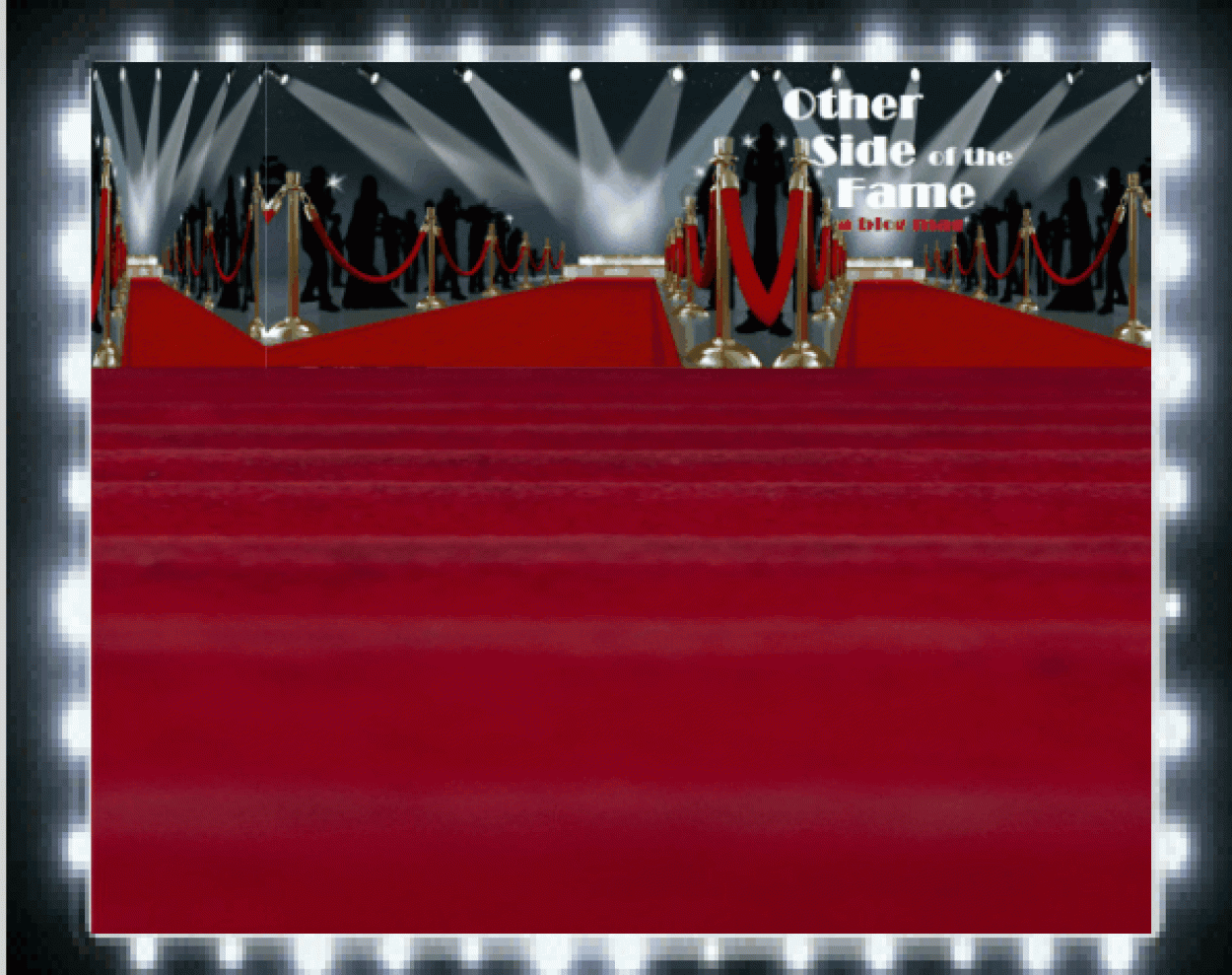Considering the fact that Google seems to be at every turn and swipe of our natural lives, it’s no surprise they’d be out for our DNA, too.
The Mountainview, California search engine giant just filed for a patent for a Smartwatch…that draws blood without using a needle!

Instead, a pressure barrel extracts blood while the air in it is evacuated and via a trigger, it shoots a supersonic-sped microparticle (which, reportedly is smaller than the size of a human hair strand) at the barrel’s opening positioned on the skin who the watch wearer and creates a tiny cut in the skin while the negative pressure from the barrel simply sucks droplets of blood escaping from the cut (which sounds like something even smaller than a paper-cut).
According the the patent, the Smartwatch will perform just that very function-less any blood analysis. It explains: “In a typical scenario, a person’s blood is drawn and either sent to a lab or input into a handheld testing device, such as a glucose meter, where one or more tests are performed to measure various analyte levels and parameters in the blood,” the patent states.
This device is especially great for diabetes sufferers and for people who are afraid of needles but due to health conditions (like diabetes) that require frequent blood testing, will give them a more discreet and less tedious way to test their blood sugar than other devices (One Touch).
With World Health Organization’s fact sheet claiming that in 2012 1.5 million people died from the disease in which 9% of adults worldwide suffer, perhaps this kind of instantaneous, discreet monitoring is beneficial.

In the future, this may also be accompanied by Google’s Smart contact lens (developed 2013/2014) that too, monitors the wearer blood sugar.
As a fellow inventor of useful, non obvious products that often come to mind; any inventor knows all too well how that trigger finger gets you on the patenting process “just in case” someone else out there in the world in thinking just like you.
That said, Google is saying they merely patented the Smartwatch idea but no actual definitive plants past that as yet: We hold patents on a variety of ideas – some of those ideas later mature into real products or services, some don’t,” their spokesperson told The Verge.
“Prospective product announcements should not necessarily be inferred from our patents.”

